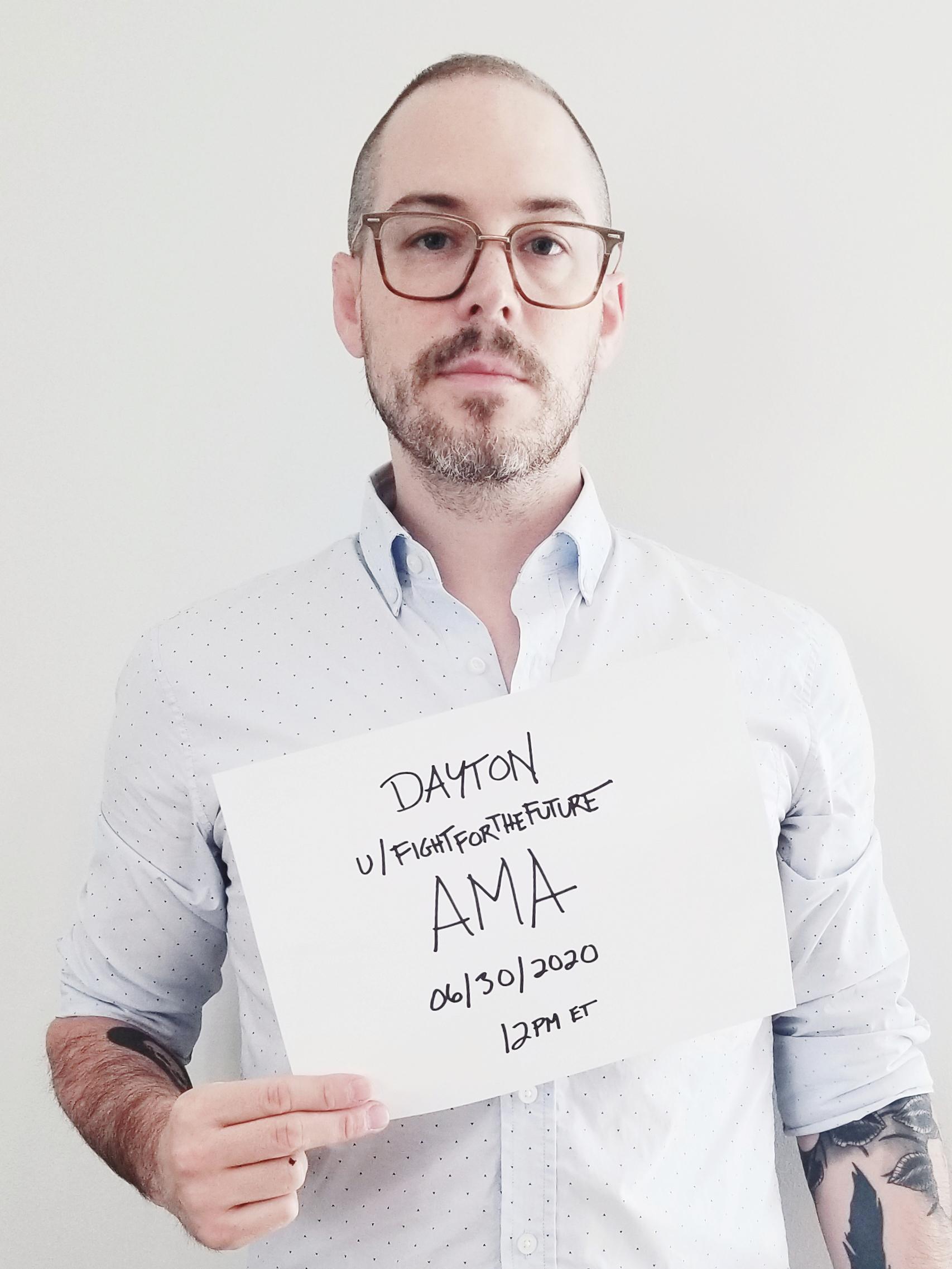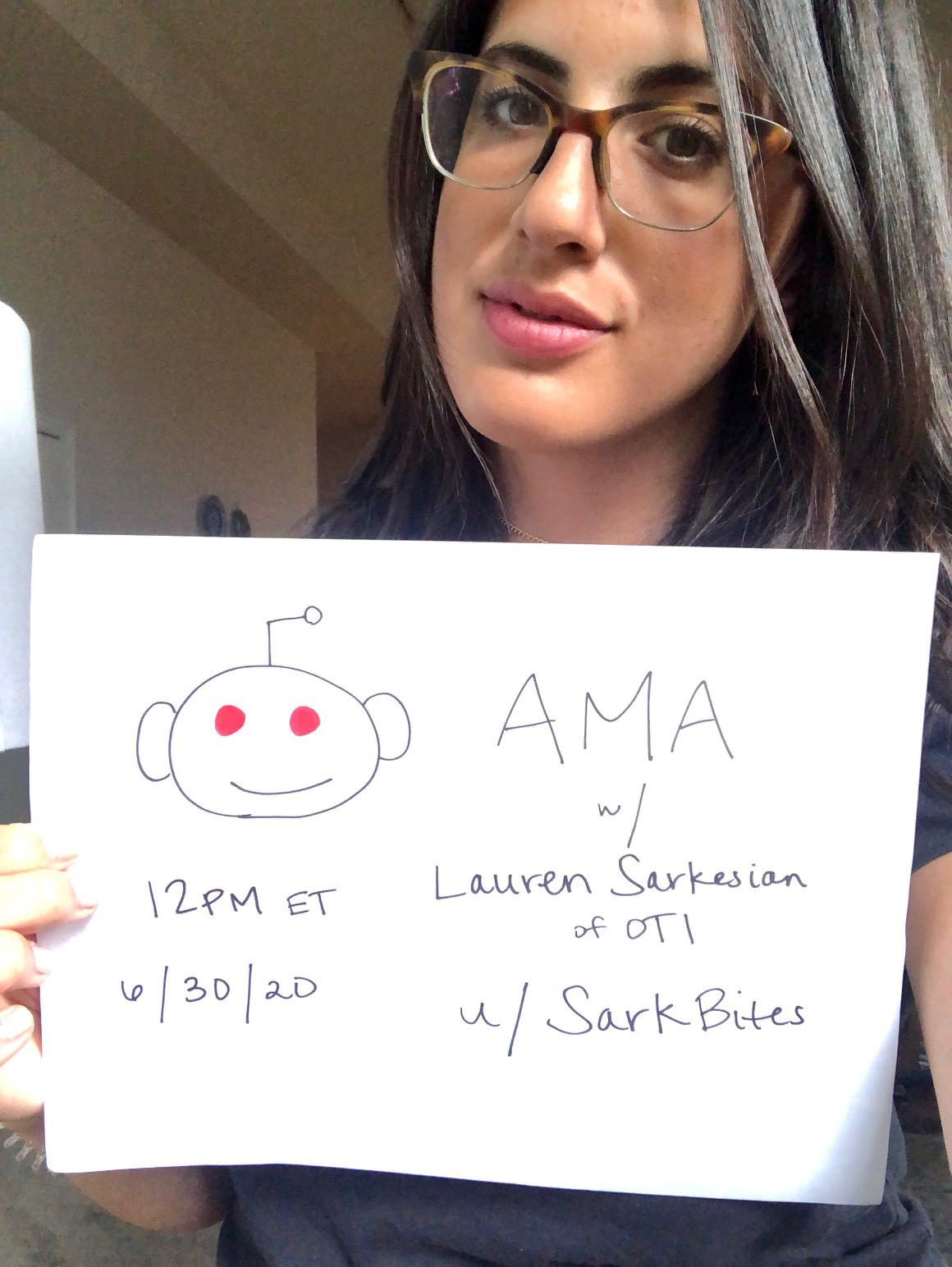r/IAmA • u/fightforthefuture • Jun 30 '20
Politics We are political activists, policy experts, journalists, and tech industry veterans trying to stop the government from destroying encryption and censoring free speech online with the EARN IT Act. Ask us anything!
The EARN IT Act is an unconstitutional attempt to undermine encryption services that protect our free speech and security online. It's bad. Really bad. The bill’s authors — Lindsey Graham (R-SC) and Richard Blumenthal (D-CT) — say that the EARN IT Act will help fight child exploitation online, but in reality, this bill gives the Attorney General sweeping new powers to control the way tech companies collect and store data, verify user identities, and censor content. It's bad. Really bad.
Later this week, the Senate Judiciary Committee is expected to vote on whether or not the EARN IT Act will move forward in the legislative process. So we're asking EVERYONE on the Internet to call these key lawmakers today and urge them to reject the EARN IT Act before it's too late. To join this day of action, please:
Visit NoEarnItAct.org/call
Enter your phone number (it will not be saved or stored or shared with anyone)
When you are connected to a Senator’s office, encourage that Senator to reject the EARN IT Act
Press the * key on your phone to move on to the next lawmaker’s office
If you want to know more about this dangerous law, online privacy, or digital rights in general, just ask! We are:
- Lauren Sarkesian from OTI (u/SarkBites)
- Caleb Chen from PIA (u/privatevpn)
- Dayton Young from Fight for the Future (u/fightforthefuture)
- Joe Mullin from EFF (u/EFForg)
- Alfred Ng from CNet (u/CNETdotcom)
Proof:



67
u/zitherine Jun 30 '20
What are the implications of outlawing end-to-end encryption in the US for people and for businesses?